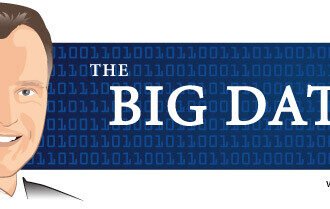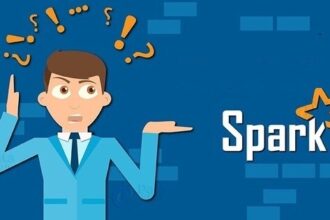
 It seems to me that much of the drive behind NoSQL (whether No SQL or Not Only SQL) arose from a rather narrow view of the relational model and technology by web-oriented developers whose experience was constrained by the strengths and limitations of MySQL. Many of their criticisms of relational databases had actually been overcome by commercial products like DB2, Oracle and Teradata to varying extents and under certain circumstances. Although, of course, open source and commodity hardware pricing also continue to drive uptake.
It seems to me that much of the drive behind NoSQL (whether No SQL or Not Only SQL) arose from a rather narrow view of the relational model and technology by web-oriented developers whose experience was constrained by the strengths and limitations of MySQL. Many of their criticisms of relational databases had actually been overcome by commercial products like DB2, Oracle and Teradata to varying extents and under certain circumstances. Although, of course, open source and commodity hardware pricing also continue to drive uptake.
A similar pattern can be seen with NewSQL in its original definition by Matt Aslett of the 451 group, back in April 2011. So, when it comes to products clamoring for inclusion in either category, I tend to be somewhat jaundiced. A class defined by what it is not (NoSQL) presents some logical difficulties. And one classed “new”, when today’s new is tomorrow’s obsolete is not much better. I prefer to look at products in a more holistic sense. With that in mind, let’s get to NuoDB, which announced version 2 in mid-October. With my travel schedule I didn’t find time to blog then, but now that I’m back on terra firma in Cape Town, the time has come!
Back in October 2012, I encountered NuoDB prior to their initial launch, and their then positioning as part of the NewSQL wave. I also had a bit of a rant then about the NoSQL/NewSQL nomenclature (although no one listened then either), and commented on the technical innovation in the product, which quite impressed me, saying “NuoDB takes a highly innovative, object-oriented, transaction/messaging-system approach to the underlying database processing, eliminating the concept of a single control process responsible for all aspects of database integrity and organization. [T]he approach is described as elastically scalable – cashing in on the cloud and big data. It also touts emergent behavior, a concept central to the theory of complex systems. Together with an in-memory model for data storage, NuoDB appears very well positioned to take advantage of the two key technological advances of recent years… extensive memory and multi-core processors.”
The concept of emergent behavior (the idea that the database could be anything anybody wanted it to be, with SQL simply as first model) was interesting technically but challenging in positioning the product. Version 2 is more focused, with a tagline of distributed database and an emphasis on scale-out and geo-distribution within the relational paradigm. This makes more sense in marketing terms and the use case in a global VoIP support environment shows how the product can be used to reduce latency and improve data consistency. No need to harp on about “NewSQL” then…
Sales aside, the underlying novel technical architecture continues to interest me. A reading on the NuoDB Technical Whitepaper (registration required) revealed some additional gems. One, in particular, resonates with my thinking on the ongoing breakdown of one of the longest-standing postulates of decision support: the belief that operational and informational processes demand separate databases to support them, as discussed in Chapter 5 of my book. While there continue to be valid business reasons to build and maintain a separate store of core, historical information, real-time decision needs also demand the ability to support both operational and informational needs on the primary data store. NuoDB’s Transaction Engine architecture and use of Multi-Version Concurrency Control together enable good performance of both read/write and longer-running read-only operations seen in operational BI applications.







